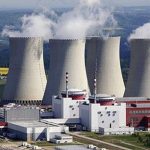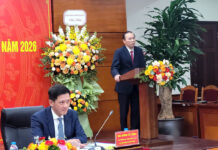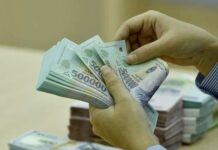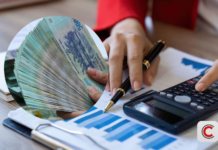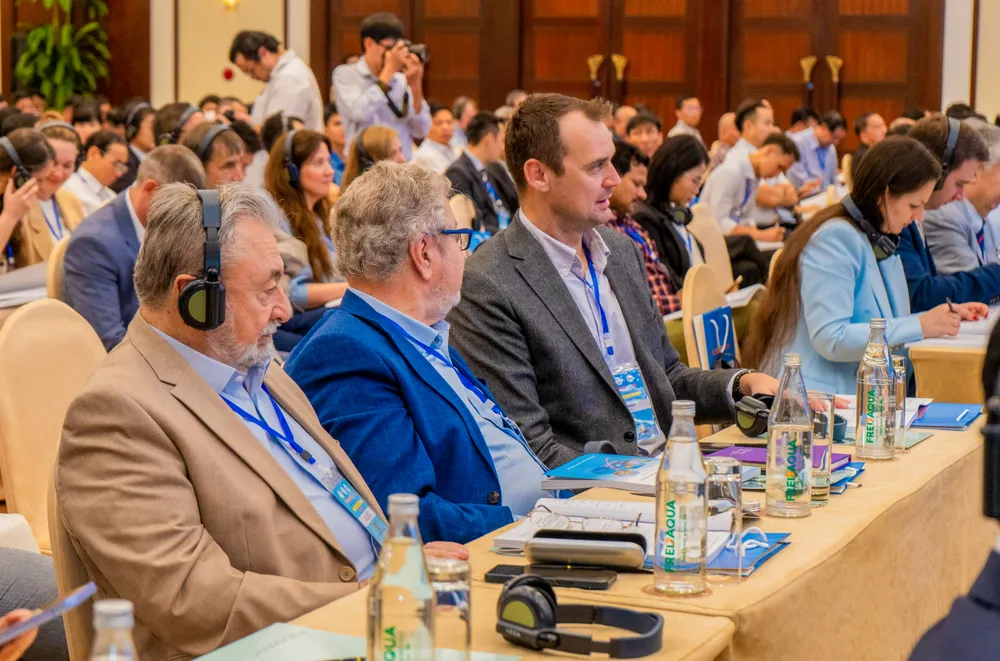
Dr. Tran Chi Thanh, Director of the Vietnam Atomic Energy Institute, discusses the national nuclear power project at VINANST-16.
At the 16th National Conference on Nuclear Science and Technology (VINANST-16), Dr. Tran Chi Thanh, Director of the Vietnam Atomic Energy Institute, highlighted the national nuclear power project led by the Ministry of Industry and Trade. The project involves Vietnam Electricity (EVN) and PetroVietnam (PVN) as key participants.
The Ministry of Science and Technology oversees safety assessments and technical support, while the Vietnam Atomic Energy Institute provides scientific and technological consulting, particularly in reactor safety.
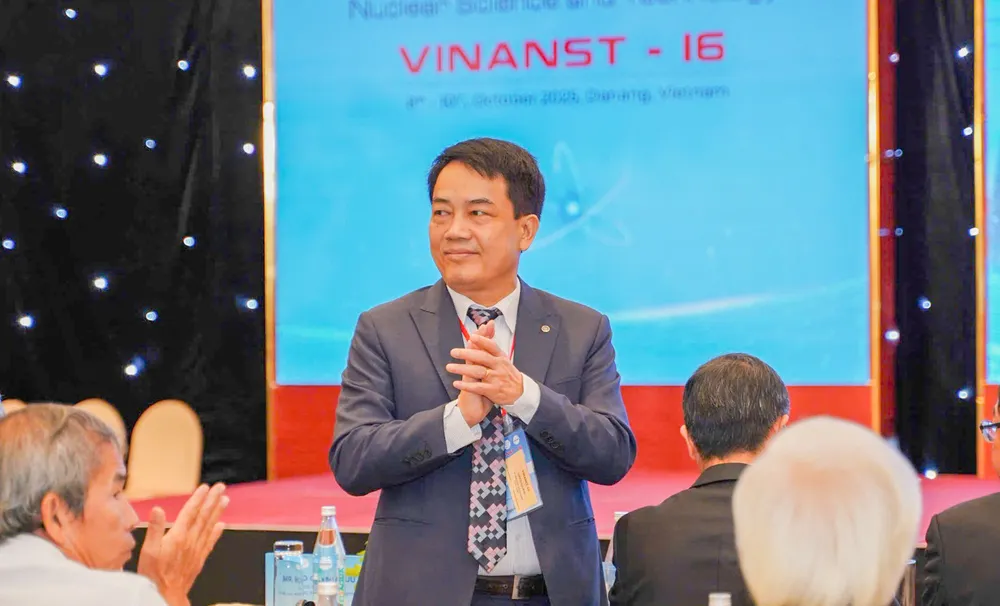
Dr. Tran Chi Thanh emphasizes collaboration with international partners for technical cooperation.
According to Dr. Tran Chi Thanh, Vietnam is collaborating with previous partners, including Russia and Japan, to advance technical cooperation. Discussions are ongoing to define a suitable framework for the new phase. The focus is on swift, structured implementation with absolute safety as the priority.
Dr. Tran Chi Thanh stressed that safety is paramount in nuclear power. “Safety must come first, as economic efficiency depends on it. Human factors are critical, from project management to high-skilled workforce training,” he said. Vietnam is actively learning from international best practices to ensure the highest safety standards.
Regarding emergency response, Dr. Tran Chi Thanh confirmed that Vietnam has years of experience in drills and training at existing nuclear facilities. This preparedness is mandatory in the nuclear industry to protect people and the environment, not due to accident concerns.
Dr. Tran Chi Thanh believes now is the right time to restart the national nuclear power program after a long hiatus. With government support and international partnerships, Vietnam has the necessary conditions to proceed. “Delaying could mean losing these favorable opportunities,” he warned.
Nuclear power, he noted, provides a stable baseload for the national grid, complementing renewable energy sources. “Relying solely on wind and solar is unsustainable without baseload power. Nuclear energy effectively replaces coal, ensuring energy security and green growth,” he explained.
Developing nuclear power also enhances Vietnam’s scientific, technological, and human resource capabilities. “Nuclear technology has wide applications in medicine, agriculture, and industry, elevating national expertise,” Dr. Tran Chi Thanh added.
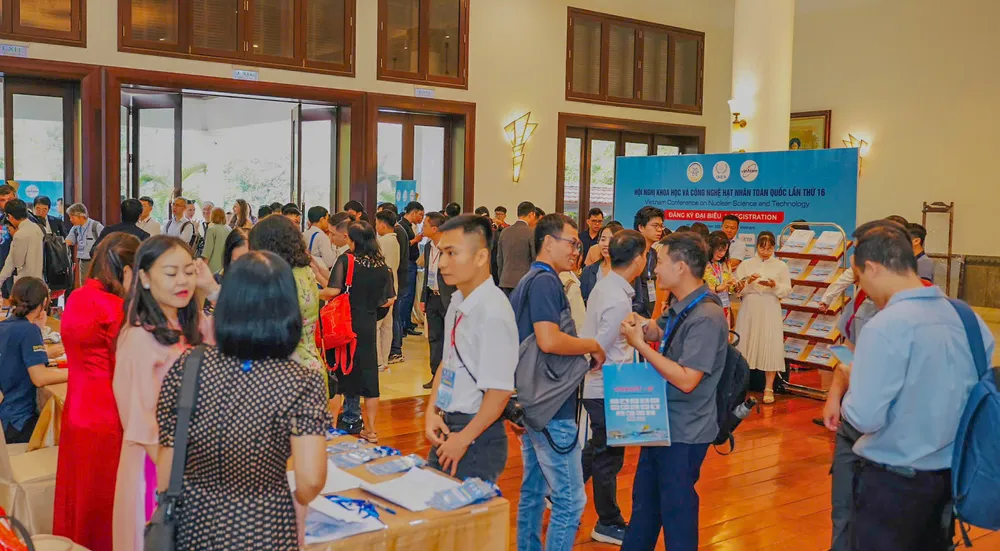
Mr. Chae-Young Lim, Vice President of KAERI, shares South Korea’s nuclear development journey.
Mr. Chae-Young Lim, Vice President of the Korea Atomic Energy Research Institute (KAERI), shared South Korea’s experience: “Starting with basic technology, we progressed step-by-step through self-reliance. Vietnam should develop its own research reactor or initial unit with partner support, hopefully including South Korea.”
Mr. Koguchi Masamori, Chairman of the Japan Atomic Energy Agency (JAEA), reflected on Fukushima: “The accident taught us the importance of public support. Our safety expertise can contribute to global nuclear development, especially in East Asia.”
Proposed Law on Atomic Energy (amended)
The Ministry of Science and Technology proposes to build an amended Law on Atomic Energy to complete the legal framework serving the purpose of developing atomic energy applications for greater contributions to socio-economic development, environmental protection, and strengthening national security.


























